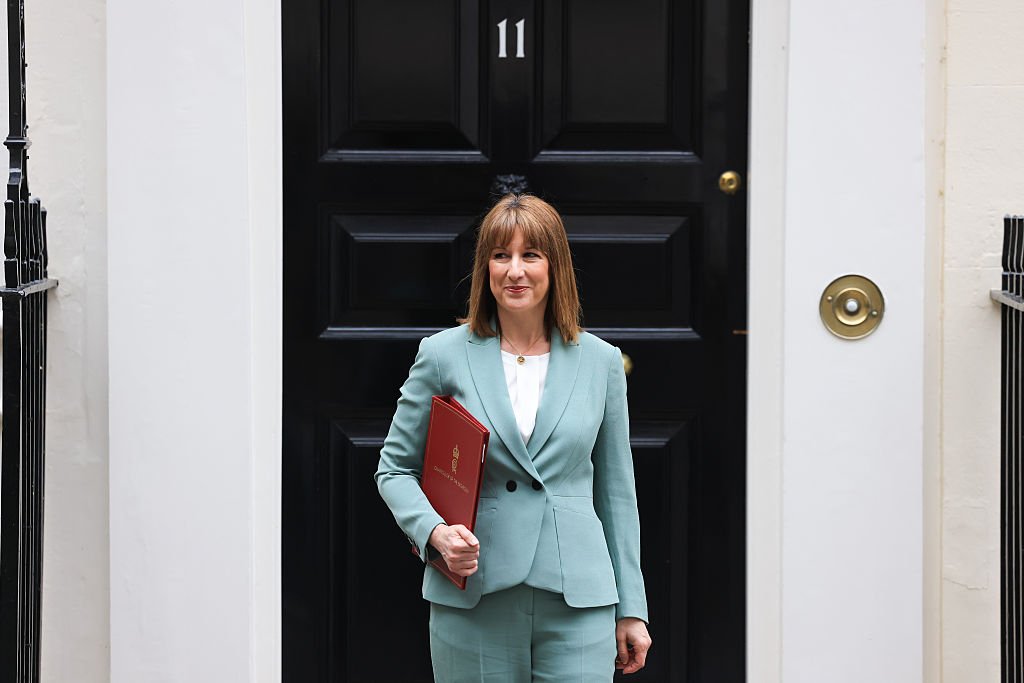After weeks of jostling with ministers, chancellor Rachel Reeves will today (11 June) unveil her 2025 Spending Review, setting out departmental budgets and infrastructure investment for the next three years.
Reeves will tell parliament the decisions that the Treasury have made in a statement to the House of Commons at around 12:30pm today, just after Prime Minister’s Questions.
Many of her spending decisions have already been announced or leaked to the media.
Sign up to Money Morning
Don’t miss the latest investment and personal finances news, market analysis, plus money-saving tips with our free twice-daily newsletter
Don’t miss the latest investment and personal finances news, market analysis, plus money-saving tips with our free twice-daily newsletter
The focal point of the new spending plans will be boosts in the health and defence budgets, with reports indicating that around £80 billion will be added to the two departments’ coffers.
The Department of Health looks to be set to receive a 2.8% real-terms rise in day-to-day health spending over the next three years. Defence is expected to receive an above-inflation rise in its budget as the government moves to increase the department’s budget to 2.5% of GDP by 2027.
Meanwhile, more reserved cash injections seem to be on the way for the Department for Education with rises in the core schools budget and the expansion of the free school meals scheme for all pupils in a household that claims Universal Credit.
The UK’s energy sector will also see increased investment after the government announced they have approved the construction of a new nuclear reactor at the Sizewell nuclear power station, putting £14.2 billion towards the project. Investment into nuclear fusion and small modular reactors has also been announced.
A new boost of £15 billion of investment has also already been announced for transport infrastructure in England, This cash will be spent by mayoral authorities on things like trams, trains, and buses.
Additionally, the government announced on Monday (9 June) that the Winter Fuel Payment will be reinstated for the “vast majority” of pensioners – three quarters by the government’s reckoning – in a policy U-turn after Labour hugely scaled down the previously-universal benefit.
Check this page regularly for all the latest updates, as they happen.
What is the Spending Review?
The Spending Review is the mechanism through which the government calculates and dishes out departmental budgets in the long term, usually for the next three or four years. It is led by the chief secretary to the Treasury, who draws up initial plans, and the chancellor of the exchequer who refines and approves them.
The money for public resources like the NHS, schools, and transport infrastructure comes from departmental budgets so boosts and cuts to them will affect the funding of public services.
Alongside day-to-day departmental spending, which includes salaries, supplies, administration costs, the review also covers investment such as infrastructure spending on things like railways, schools, and hospitals.
Spending Reviews are not done annually, and this review is the first since 2015 to take place outside of a global pandemic. The previous review took place in 2021 under a Conservative government.
What does the Spending Review mean for your money?
The Spending Review is unlike the Autumn Budget or Spring Statement as it is not a “fiscal event”. Instead, it is an internal review of departmental budgets and investment opportunities.
As a result, no new taxes or other revenue-raising measures are announced in the Spring Statement. But that does not mean that there are no implications on what could come next.
Increased government spending has to be funded. This can be done in three broad ways – through borrowing, increased taxation, or through budget cuts.
According to Reeves’s self-imposed “fiscal rules”, she is not allowed to borrow money in order to fund day-to-day government spending (though she is allowed to borrow to invest), so this means that any spending increases must come from either cuts or increased tax yields.
As it stands, much of the government’s plans for increased spending get their funding from cuts to other departments, but some commentators have worries whether this is realistic.
The Institute for Fiscal Studies (IFS), an independent economic think tank, has said that they worry that taxes may need to be raised in the Autumn Budget if economic growth remains sluggish.
IFS director Paul Johnson said the “very significant” amount of government borrowing means the chancellor could be forced to raise taxes.
In an interview with the BBC, he said the government’s deficit is set to be “significantly higher than planned” and that “if the economic forecasts move at all in the wrong direction then we may have to have some tax increases”.





